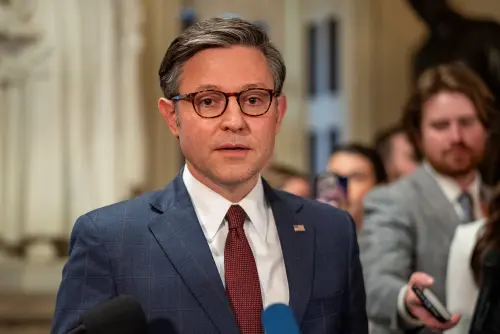In Unpacked, Brookings experts provide analysis of Trump administration policies and news. Subscribe to the Brookings Creative Lab YouTube channel to stay up to date on the latest from Unpacked.
THE ISSUE: As the Russia investigation enters its second year with 12 new indictments, special counsel Robert Mueller has asked to interview President Trump. If the president refuses to sit for an interview, this leaves Mueller with a several options, all of which involve a drawn out legal battle.
“I believe that this is a more serious scandal than any we have seen in this country since Watergate, and maybe even more disturbing than Watergate.”
The things you need to know:
- Special counsel Robert Mueller was appointed a little over a year ago and is looking at three core questions:
- Did Russia attack the U.S. elections in 2016?
- Did President Donald Trump or anyone associated with him participate in that?
- Was there any effort to cover up or obstruct the investigation of these first two questions by the president or others?
- Special counsel Mueller has had an extraordinarily first productive year by the standards of prior special counsels and independent counsels. He’s secured guilty pleas or indictments against 32 individuals or companies.
- The special counsel has reportedly asked if he can interview President Trump about these issues, and in particular the obstruction question.
- The special counsel has said if he can conduct such an interview, he will, within 90 days, issue a report on whether or not the president obstructed justice.
- The problem is that the president has been found by the Washington Post to have lied over 3,000 times in less than a year and a half in office.
- The risk of testifying is that the president will make a false statement. Such a false statement would expose the president to prosecution, irrespective of what he may or may not have done.
- It’s increasingly unlikely that the president will cooperate and sit for an interview, and Rudy Giuliani, his personal lawyer, has suggested as much.
- Mueller can’t complete his investigation without at least attempting to get the president’s story. If the president refuses to talk, then Mueller will likely subpoena him.
- If there is a court fight, President Trump will likely ultimately be required to testify.
- Should the president appear for testimony, he will need to answer questions on an individualized basis, and he may claim attorney-client or executive privilege.
- There is a recognized doctrine of executive privilege that protects some communications needed for policymaking in the executive branch, but it has not been tested extensively.
- There is a crime-fraud exception to attorney-client privilege.
- Another option is for Robert Mueller to say “the president’s refused to testify, but I believe I have enough evidence to write a report and make a recommendation to Congress.”
- This is a more serious scandal than any we have seen since Watergate, and maybe more disturbing even than Watergate.
The sources:




Commentary
Unpacked: Will Trump testify in Mueller’s Russia investigation?
July 16, 2018